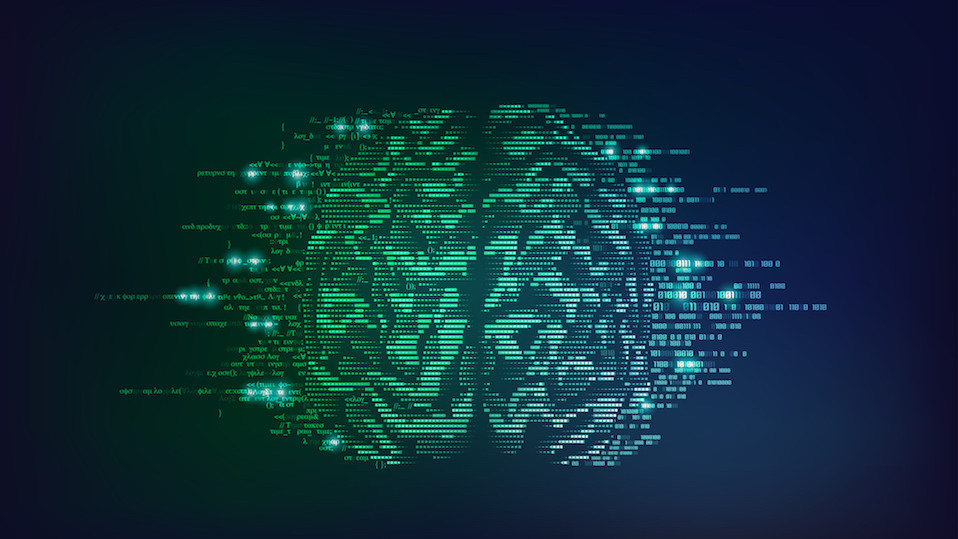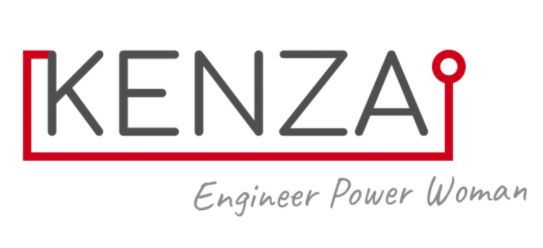Unconscious Bias and AI
Senior Manager for Robotics and Artificial Intelligence at Deutsche Telekom IT, Kenza Ait Si Abbou Lyadini, explains how bias can be embedded into algorithms.

© Aksana Kavaleuskaya | istockphoto.com
Kenza Ait Si Abbou Lyadini works as Senior Manager for Robotics and Artificial Intelligence at Deutsche Telekom IT. She leads the Women@Telekom network in Germany and is engaged in making the IT industry more diverse. At Deutsche Telekom, for example, she organized the first hackathon for women. She has received numerous awards for her engagement in AI and diversity, including the #DFLA Award from Global Digital Women. In her recently published book “Keine Panik, ist nur Technik” (“Don’t panic, it’s only technology”), the engineer explains why we can dance pretty well on algorithms – as long as we set the pace.
eco: According to an eco Association study conducted in cooperation with Arthur D. Little, by 2025, the total potential offered to German companies through the use of AI will be around 488 billion Euro. We’re already encountering AI-based technologies in everyday life; for example, in voice and face recognition software on smartphones, in interaction with chat bots in marketing or customer services, or as applicants in the recruiting process. On the other hand, society also harbors prejudices against AI. As an AI expert, can you explain to us – in a way that laypeople can also understand – how algorithms work and how I as a person and as a company can benefit from their use?
Kenza Ait Si Abbou Lyadini: Algorithms are simple operating instructions for the machine. They are like a recipe to prepare certain dishes. For example, if I want to cook couscous, I have to follow several steps, use different ingredients, know which ingredients I can best combine and in which way, and I need to have the right utensils, etc. Algorithms are written to solve certain problems or complete certain tasks. They can help us automate processes (for example, cooking couscous every day without thinking about it), make decisions based on a range of input parameters (the right spices for the right dish), or solve complex tasks.
eco: AI technologies are therefore based on algorithms and machine learning. So how does unconscious bias manage to get into AI applications?
Abbou Lyadini: The machines learn how our world works from us, and from the data we provide them with. Our world is stock full of prejudices and we teach the machines these prejudices. If people in the past made biased decisions– such as which candidates are the best match for a job posting – the machine will reproduce this in the future and reinforce the bias.
What is the impact of this transmission of our unconscious prejudices to AI-based systems?
Abbou Lyadini: By learning our prejudices, the machines continue to reproduce them. But in multiple ratios, with a much greater range and much faster speed than a human being would do.
In your opinion, what ethical guidelines and measures are needed to establish AI technologies that promote equal opportunities and serve all people?
Abbou Lyadini: The consideration of all ethical aspects and the desire to promote equal opportunities must be embedded in the design phase of AI applications. It must be part of the minimum requirements and not just a “nice to have”, and it must be taken into account in the quality assurance of the applications. But for this to happen, corporate strategies and values must be altered so that short-term profit is not the primary objective. Companies must take their social responsibility seriously, anchor it in their strategy, and implement it. Simply writing this in a company’s annual Corporate Social Responsibility Report is not enough.
As Senior Manager for Robotics and Artificial Intelligence at the corporate IT of Deutsche Telekom, Kenza Ait Si Abbou Lyadini and her team build AI solutions for the whole Deutsche Telekom group. Artificial intelligence, Diversity and Networking are her passion. She loves connecting people from different backgrounds and skills and finds her biggest joy in making new things happen as a result of those connections.
Please note: The opinions expressed in Industry Insights published by dotmagazine are the author’s own and do not reflect the view of the publisher, eco – Association of the Internet Industry.




